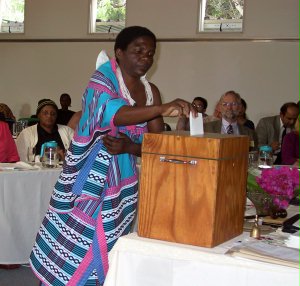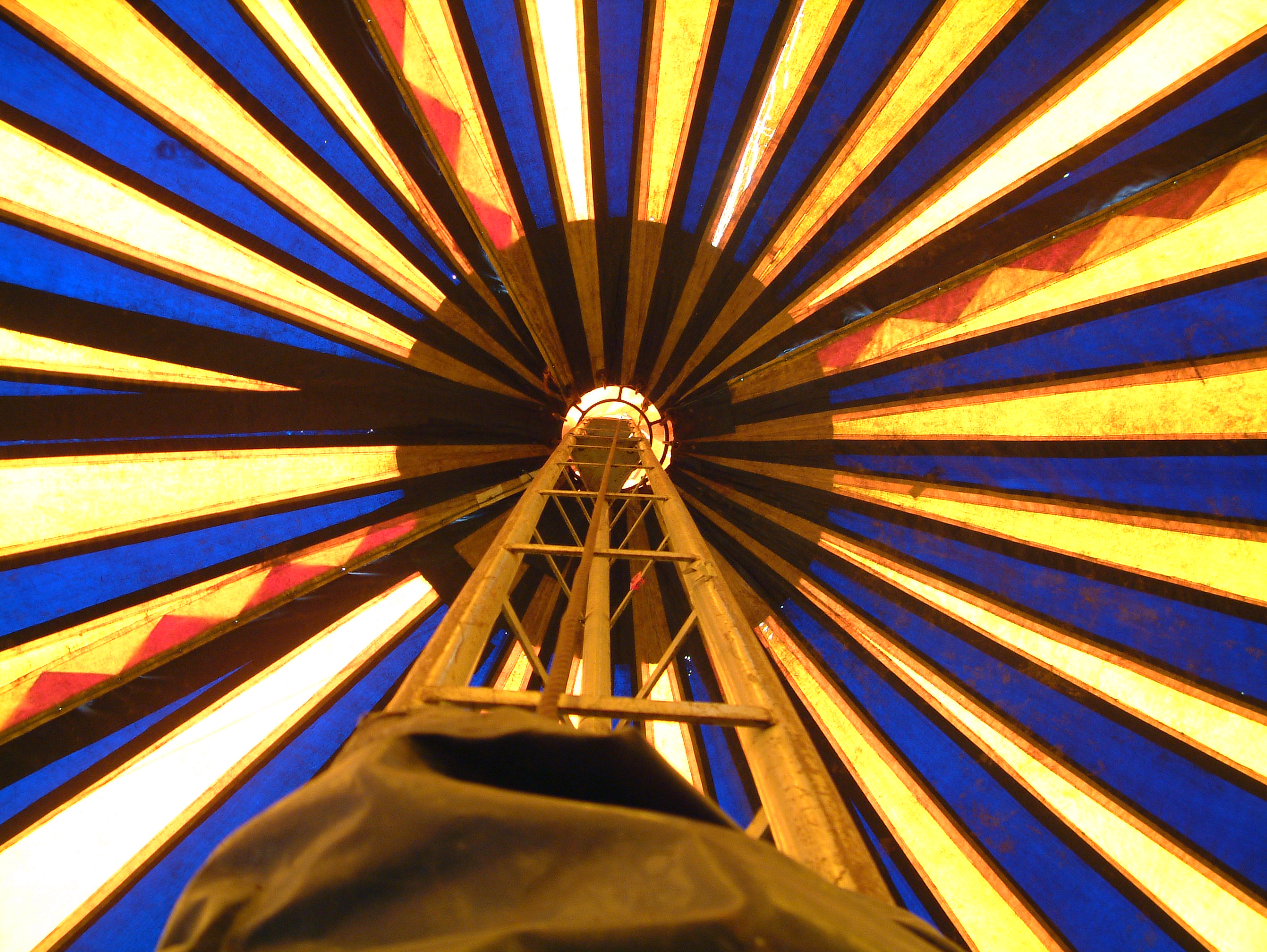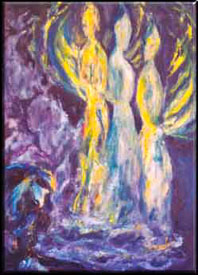Blogging is meant to be personal. Blog = web log or personal journal, right? Yet, to date, I have chosen to post only excerpts on Baha’i Views drawn from the Writings, articles, and personal statements of others accessible via the Internet.
I’ve done excerpt-only publishing before, very modest and personal though it was. About twenty-five years ago I published five issues or so of I Read the News Today, Oh Boy, a quarterly newsletter consisting of excerpts from the press that related to subjects of presumed Baha’i interest. The title came from the lyrics of the Beatle’s tune A Day in the Life, of course. My subscribers ran – gosh! -- in the whopping dozens. “I read Baha’i Views today, oh boy!” – now that has a nice familiar ring to it.
Questions posed by Baha'i blogger Marco Oliveira of Lisbon, Portugal, are my inspiration for a little personal disclosure here on the last day of my first month of blogging. Here is my response to Marco's questions.
ANSWERING MARCO OLIVEIRA
Where do you live?
I live in Tacoma, Washington, USA.
How big is your family?
There are three of us in the house, but not for long, as the last of my children is in process of moving out. My wife and I have four adult children, the youngest 21 and the oldest 27.
What is your job?
I work as a mental health counselor for a community mental health center. Much of my work involves working with young children (and their families) who are enrolled in Head Start and Early Head Start programs.
How long have you been a Baha’i?
I declared myself a Baha’i in 1967 so I’m in my 38th year.
How did you become Baha'i?
I became a Baha’i upon reading The Seven Valleys by Baha’u’lah. I had been attending the meetings of the Baha’is on campus at the University of Illinois for some two years. My entry into the Faith was slow and deliberate.
Is your family Baha'i? If not, what was their reaction towards your acceptance of the Faith?
My parents were rationalist/"freethinker"/humanist/Unitarian. I always like to say that I became a Baha’i because of the National Geographic Magazine which was always in my parents' home. Although I would describe them as anti-religious, they were accepting of the fact that I was a Baha’i when they finally figured it out that I was. My wife’s mother became a Baha’i in the 1940’s. Her great-aunt who had become a Baha'i in the 1930's introduced her mother to the Faith.
What is your favorite book/tablet amongst the Baha'i writings?
I will always have special feelings for Gleanings from the Writings of Baha'u'llah, in addition to The Seven Valleys. Of course, all the Baha'i scripture is "my favorite."
What is your favourite baha'i author?
The Baha'i commentary literature is so rich. I have old favorites and new, Adib Taherzadeh and Moojan Momen among them.
How many are there in your community?
My guess is, about 50 households. This is a vibrant, outward-looking community, one of four making up Cluster 19 (!) in Washington State, an "A cluster" that has already experienced an "entry by troop" last year and is on the verge of "entry by troops" this year.
Have you ever served on a Spiritual Assembly?
I have served on Spiritual Assemblies in the states of Illinois, Montana, and Washington through most of my adults years up to the present moment.
Are you a pioneer, or have you ever consider pioneering?
No, there is so much opportunity right here, right now.
Have you been to Holy Land for a pilgrimage? If so, what is your most outstanding memory of your pilgrimage?
Our pilgrimage is scheduled. We have loved the photos and stories of my step-daughter and her husband who went last year.
Name the countries you have been to. It's a short list: Canada and Mexico, in addition to the 48 contiguous states of this country.
What languages do you speak? English only, I'm afraid.
What is the best book you ever read? Bahiyyih Nahkjivani's The Saddlebag is the best most recent book.
What is the best film you've ever watched?
My mind is blank. It's been years since I've seen a film that I wasn't critical of.
What famous persons (excluding Baha'is) do you admire?
There are many I could cite. Jimmy Carter, American President back in the 1970's, is one. I never thought of him as a politician, rather as a straightforward spiritual man who exemplified many wonderful "Christian" qualities.









 authority rather than establishing theological dogma. And whatever dogma one may consider that exists today in the Bahá'í Faith, it is unlikely to increase as there are no mechanisms for establishing any new dogma. Bahá'ís are and remain Bahá'ís not so much because they share the theological position of other Bahá'ís but because of their common vision of the direction which humanity is taking as well as their obedience to a central framework of authority."
authority rather than establishing theological dogma. And whatever dogma one may consider that exists today in the Bahá'í Faith, it is unlikely to increase as there are no mechanisms for establishing any new dogma. Bahá'ís are and remain Bahá'ís not so much because they share the theological position of other Bahá'ís but because of their common vision of the direction which humanity is taking as well as their obedience to a central framework of authority." 













